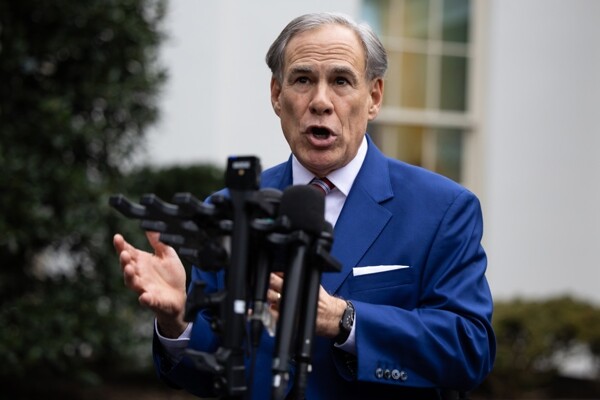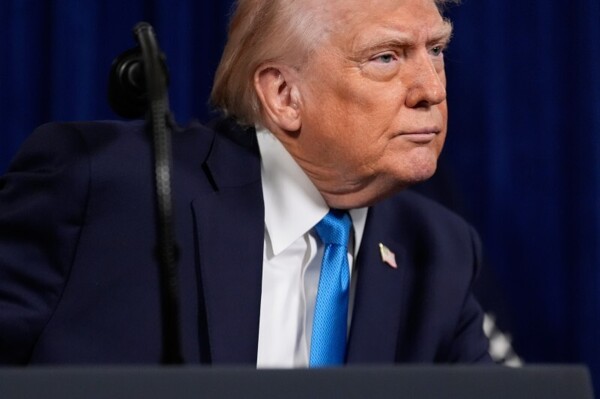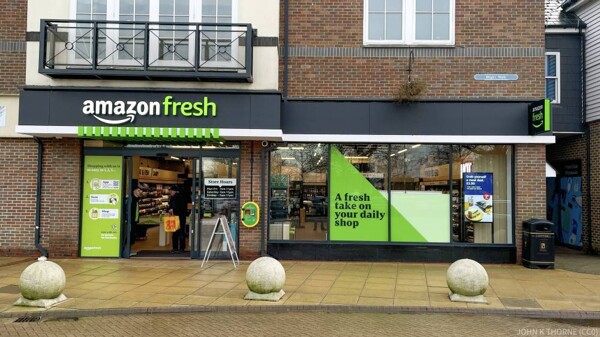
President Donald Trump has proposed the imposition of new tariffs on imports with the aim of encouraging manufacturers to move their production to the United States. However, this initiative has generated doubts and skepticism among American consumers. According to a Harris poll for Bloomberg News, approximately 60% of adults in the U.S. anticipate that these tariffs will lead to an increase in prices, while around 44% believe they could be detrimental to the country's economy.
Within the Republican Party, to which the president belongs, there are also critical voices regarding his trade agenda. Although Trump has presented the tariffs as a measure to regain industrial jobs and increase tax revenues, many are not convinced of their long-term economic benefits.
Economists predict that the imposition of tariffs by Trump would result in higher prices and slower economic growth. This would have a direct impact on consumers, as the cost of living could increase significantly. A study from the Peterson Institute for International Economics indicates that the tariffs imposed and planned by Trump could cost an average American family over $1,200 a year.
Additionally, the uncertainty generated by U.S. trade policy could lead companies to postpone investments and hiring, which would negatively affect the economy. Consumers might also reduce their spending in light of the prospect of higher prices. Even among surveyed Republicans, only half believe that the proposed tariffs would be economically favorable.
Despite many of Trump's tariffs not yet being implemented, the poll results indicate that his plans could face opposition from consumers. Despite his victory in the popular elections and his promise of prosperity, Trump's stance on tariffs still raises doubts in a significant portion of American society.














